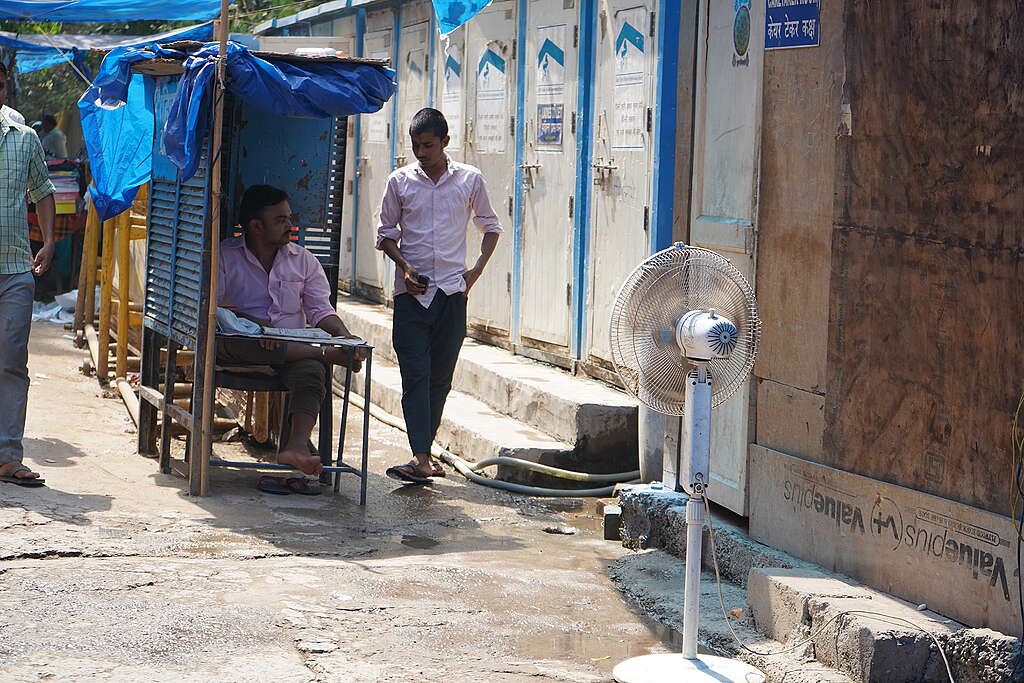
New Delhi, December 14, 2023: In the recent Lok Sabha sessions, several parliamentarians brought to attention grave concerns surrounding the country’s heatwave crisis. On December 13th 2023, Member of Parliament Shri NK Premachandran raised crucial questions about the government’s preparedness and plans to address such extreme weather events. NKP inquired about the government’s assessment of the situation and and the action plans thereof to address the same. The parliamentarian also highlighted the pivotal question regarding the government’s plans to make heatwaves a notified disaster to ensure adequate funding for response, relief and rehabilitation efforts from the National and State Disaster Response Funds.
In their response to these questions, the Ministry of Earth Sciences acknowledged the increasing rise in temperatures across the country. However, it was asserted that there are no plans to designate heatwaves as a notified disaster and, on the contrary, they shall remain a local disaster with the state disaster management authorities providing resources from the State Disaster Response Funds and Mitigation Funds to primarily tackle the crisis. According to the government’s response, only upon a special request from the states can the central government even consider supporting the states financially from the National Disaster Response Fund and Mitigation Fund, following relevant guidelines.
Amruta S., Climate Campaigner at Greenpeace India, commented, “The central government’s inaction in designating heatwaves as a notified disaster disparages the alarming impacts of heatwaves upon the country and its citizens. Moreover, taking the long route for allocating funds for response, relief and rehabilitation inevitably transfers the financial as well as bureaucratic burden and accountability upon state governments. The impacts of heatwaves can often be felt beyond state lines, and we must put together national-level action plans to effectively tackle such disasters. The central ministry’s acknowledgment of the disproportionate impact of heatwaves upon citizens, based on their occupational profile, is much needed. However, to impart effectiveness to this, the centre must ensure that disaster management authorities are sufficiently funded and policies are equitably targeted towards at-risk populations.”
Heatwaves accounted for about 20 percent of the mortality resulting from extreme weather events in India between 2001 and 2014. India has the second-largest total exposure of vulnerable people to heatwave days—227 million person-days in 2016—and this trend has been increasing since 2006. Several recent studies have revealed that over 90 percent of India’s total land area is now categorised in the “extremely cautious” or “danger zone” concerning the increasing occurrence of heatwaves, primarily attributed to climate change. Moreover, the impact of heatwaves goes beyond human health, affecting economic productivity, food security and increased water stress.
Hence, it is imperative for the central government to reassess its policies towards the unfolding heatwave crisis in India, and furnish and uphold a robust funding and policy framework to ensure an overarching defence against such disasters. Heatwaves must be designated as a notified disaster with legal frameworks in place to insure all states with exhaustive, inclusive and just Heat Action Plans that prioritise at-risk citizens.
For further information or inquiries, please contact:
Avinash Kumar Chanchal, +91 8882153664, [email protected]
Nischita Verrendra, +91 9845828096, [email protected]
